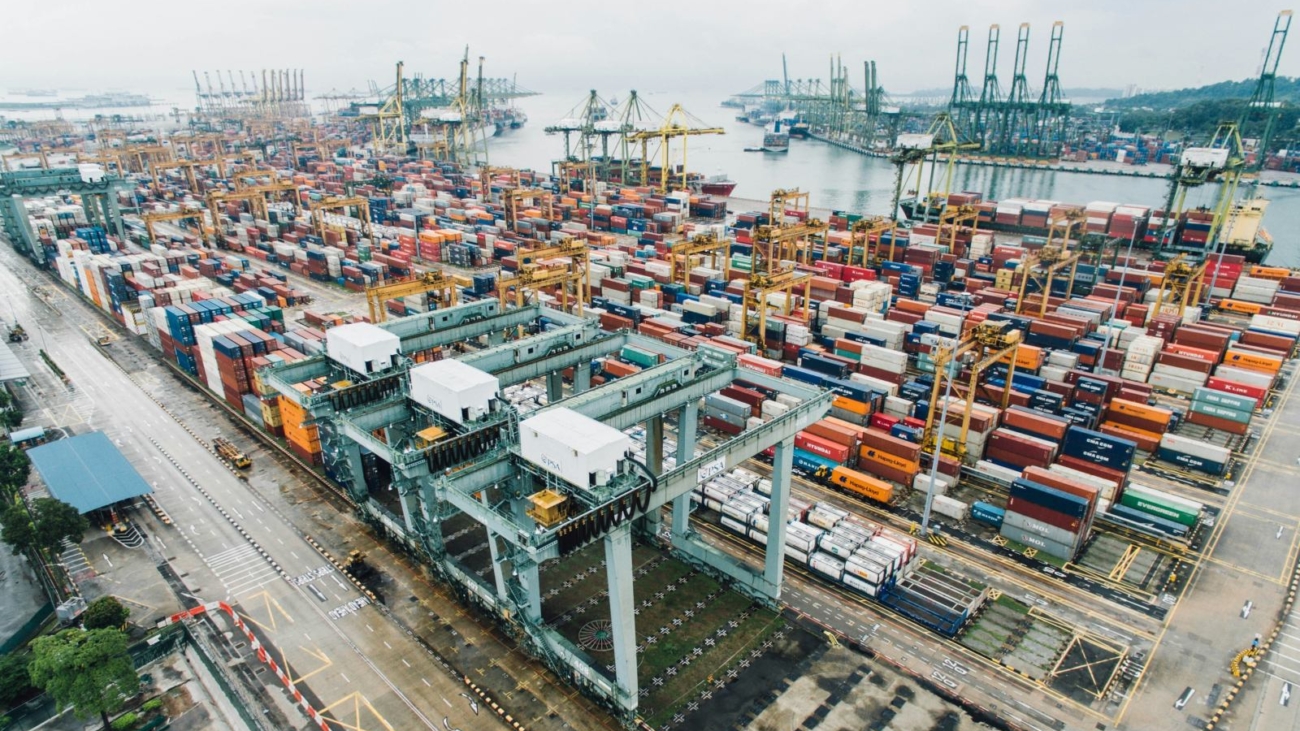Benefits of open trade
In the decades following World War II, open trade flourished around the world. This drove innovation, efficiency and productivity. It provided consumers with more choice for less money. It also led to higher incomes and raised standards of living worldwide.
Global trade remains crucial for small open economies like Canada. We rely on exports for roughly one-third of our income. Imported components feed into many of our key industries, such as manufacturing. However, over the past 15 years, global trade growth has slowed. The countries producing manufactured goods are changing, geopolitical tensions have caused friction, and public support has faded.
Now global trade is being rewired, recast and redirected—and that has major implications for a country like ours.
The big trends in global trade
Three major trends have emerged in global trade:
- Advanced economies are leading the slowdown in global trade.
- Trade in goods is slowing, while trade in services is rising. This growth is happening because services like training or technology support can now be delivered from anywhere.
- Global trade relationships are changing. In particular, China’s exports are now competing more directly with goods being produced in advanced economies. This has led to trade tensions and national security concerns.
These three trends are affecting Canada. Our export growth is slowing even though the advanced economies we trade with are consuming more. However, our exports of services—particularly online services—are rising. Digital delivery is driving international demand for Canadian computer, management and financial services. Trade tensions and disruptions, meanwhile, are adding to the supply chain risks facing Canadian businesses.
While there are many uncertainties, one thing looks clear: international trade will be different in the years ahead. Canada needs to be ready for the opportunities and the disruptions.”
 Cart is empty
Cart is empty 

